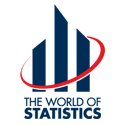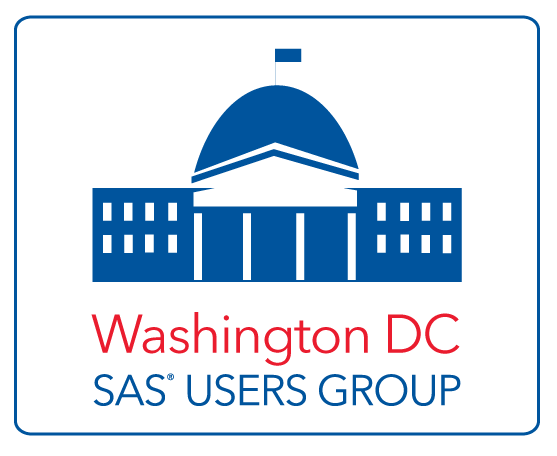Title: Determining Optimal Recall Period Assignment in Consumer Payment Surveys
- Date/Time: September 4th, 2014
12:30 pm - 1:30 pm - Speaker: Marcin Hitczenko, Federal Reserve Bank of Boston
- Presentation Materials: Download here
- Chair: Yulei He
- Location: Bureau of Labor Statistics Conference Center
To be placed on the seminar attendance list at the Bureau of Labor Statistics, you need to e-mail your name, affiliation, and seminar name to wss_seminar@bls.gov (underscore after 'wss') by noon at least 2 days in advance of the seminar, or call 202-691-7524 and leave a message. Bring a photo ID to the seminar. BLS is located at 2 Massachusetts Avenue, NE. Use the Red Line to Union Station. - Sponsor: WSS Methodology Section
- POC e-mail: Marcin.Hitczenko@bos.frb.org
- WebEx event address for attendees: https://dol.webex.com/dol/j.php?MTID=m7392c0e312e54821f0691a86ae5b
- For audio: Call-in toll-free number (Verizon): 1-866-747-9048 (US)
Call-in number (Verizon): 1-517-233-2139
(US) Attendee access code: 938 454 2 Call-in toll-free number (Verizon): 1-866-747-9048 (US) Call-in number (Verizon): 1-517-233-2139 (US) Attendee access code: 938 454 2 - Note: Particular computer configurations might not be compatible with WebEx.
Abstract:
Surveys in many academic fields ask respondents to recall the number of events that occurred over a specific period of time with the goal of learning about the frequency of these events. Research has shown that the choice of the recall period, particularly the length, affects the results by influencing the cognitive recall process. We study this relationship in the context of consumer payments; specifically for the frequency of use of the four most popular payment instruments (cash, credit card, debit card, check).
Our analysis is based on combining recall data, in which individuals rely only on memory to report the number of payments made for recall periods of various length, with data from the 2012 Diary of Consumer Payment Choice, in which individuals track payment behavior in a diary over three-day periods. Each source of data is used to generate, and then compare, inferences about population means. Overall, our analysis suggests that day-based recall is inefficient, with mean-squared differences of mean estimates minimized for longer recall periods. The data also suggest that the optimal recall period choice differs with payment instruments.
In addition, for cash, we develop a model relating recall to individual frequency of use in order to study the relationship between demographic variables and accuracy at different recall lengths. We find little link between demographic characteristics and accuracy of different recall periods for an individual.
We discuss the implications of our findings for the construction of future consumer surveys.






